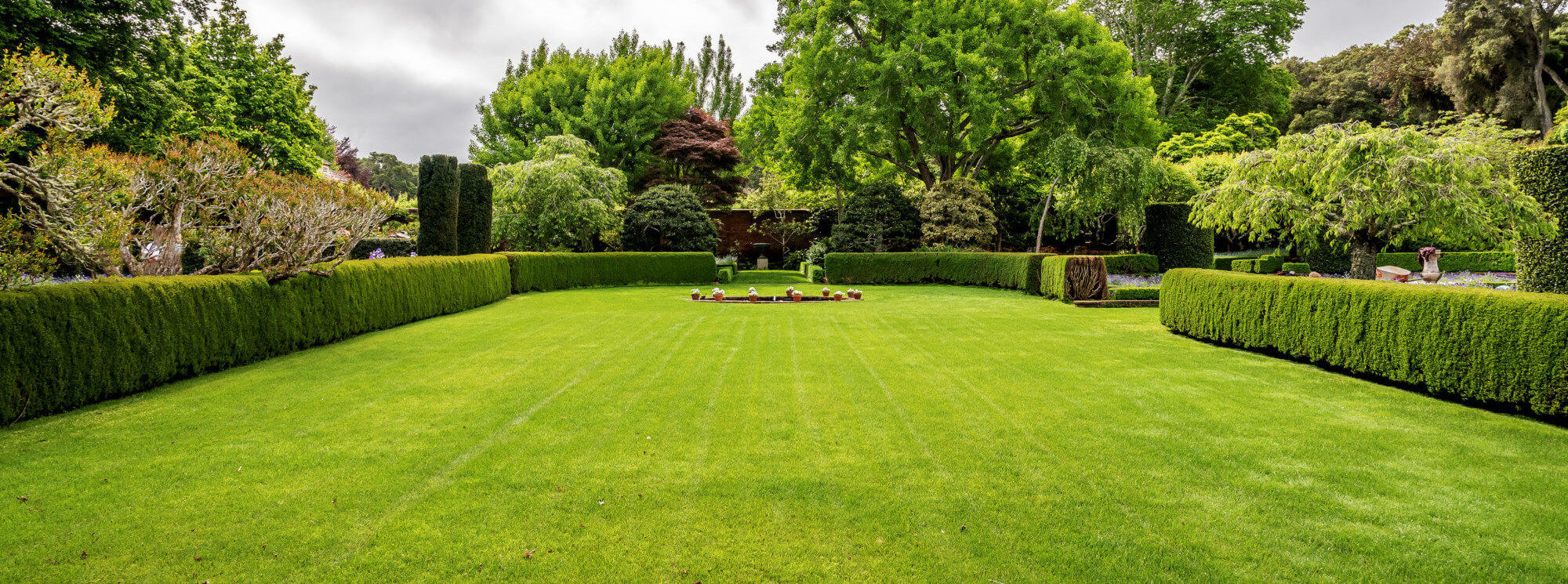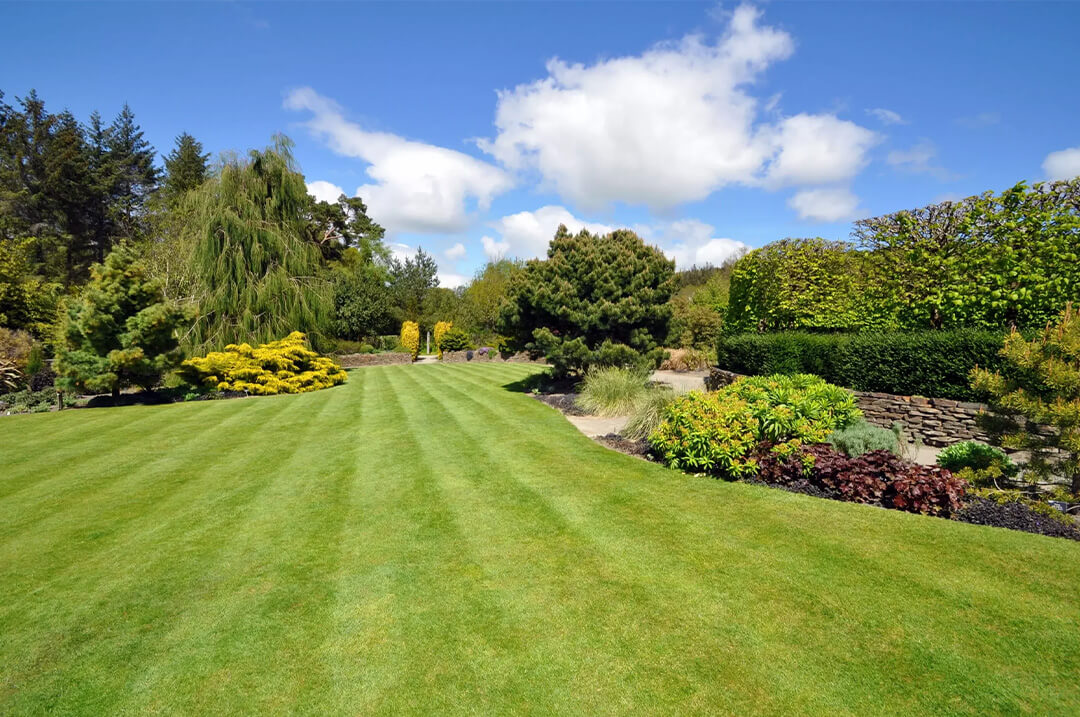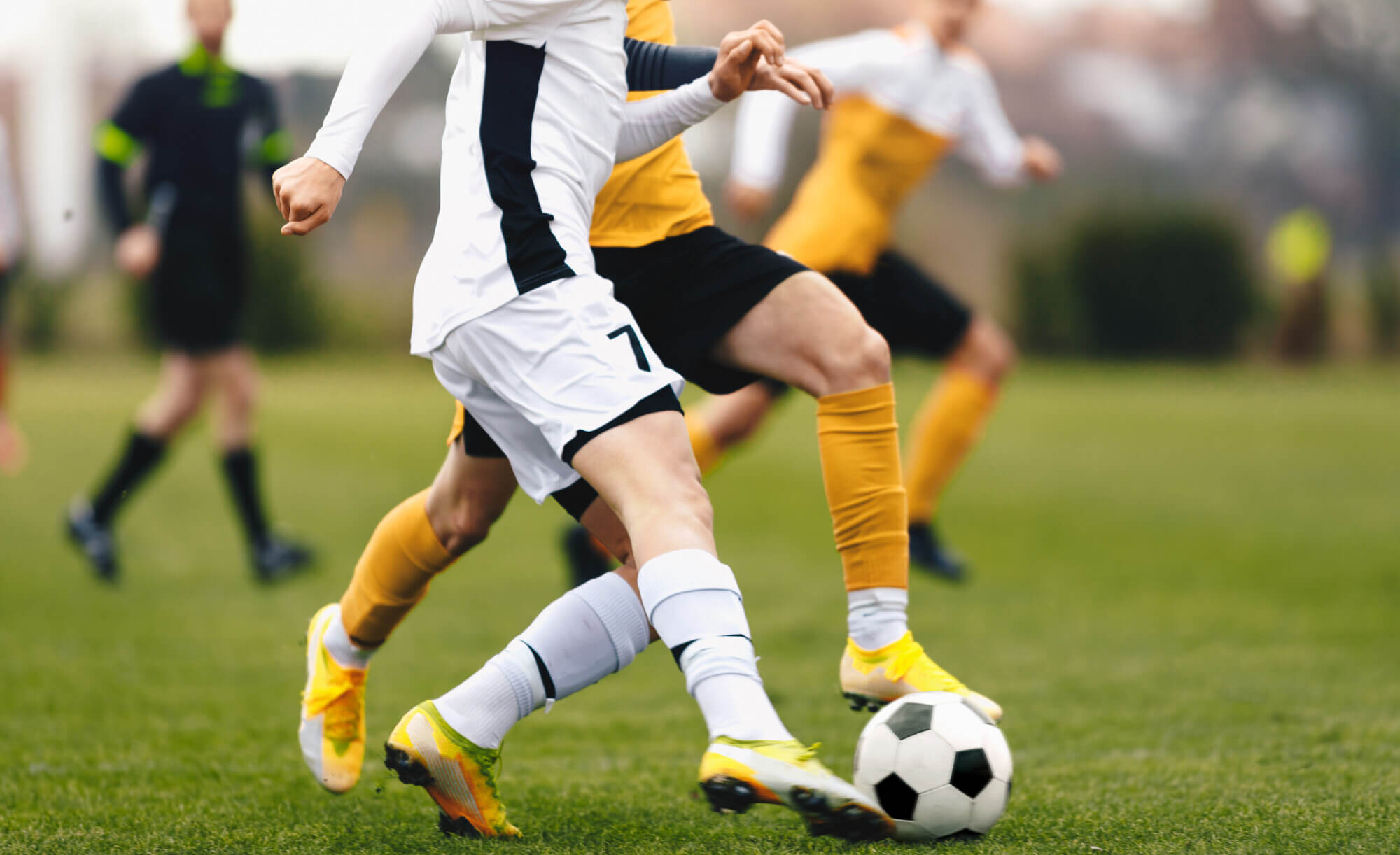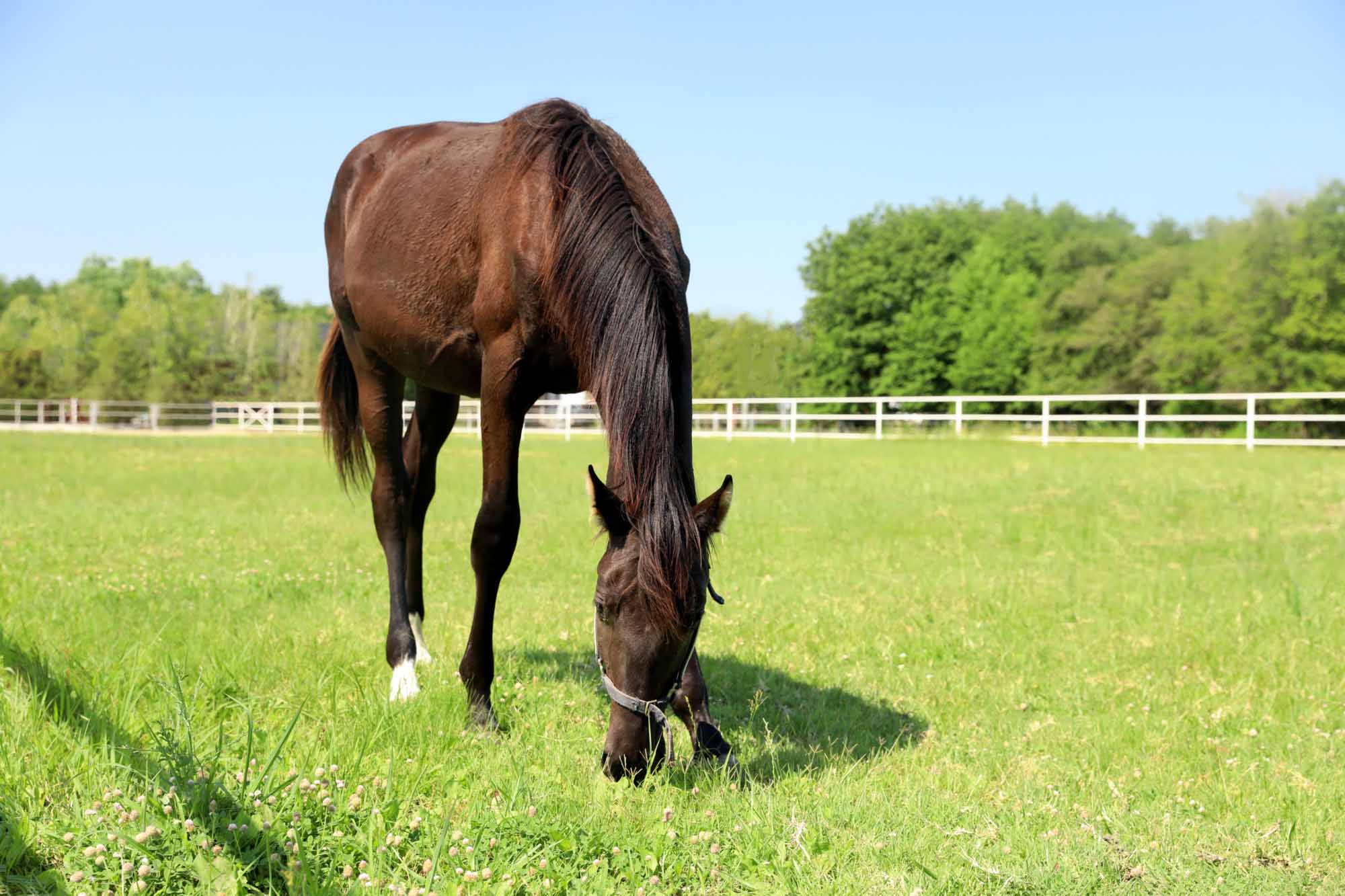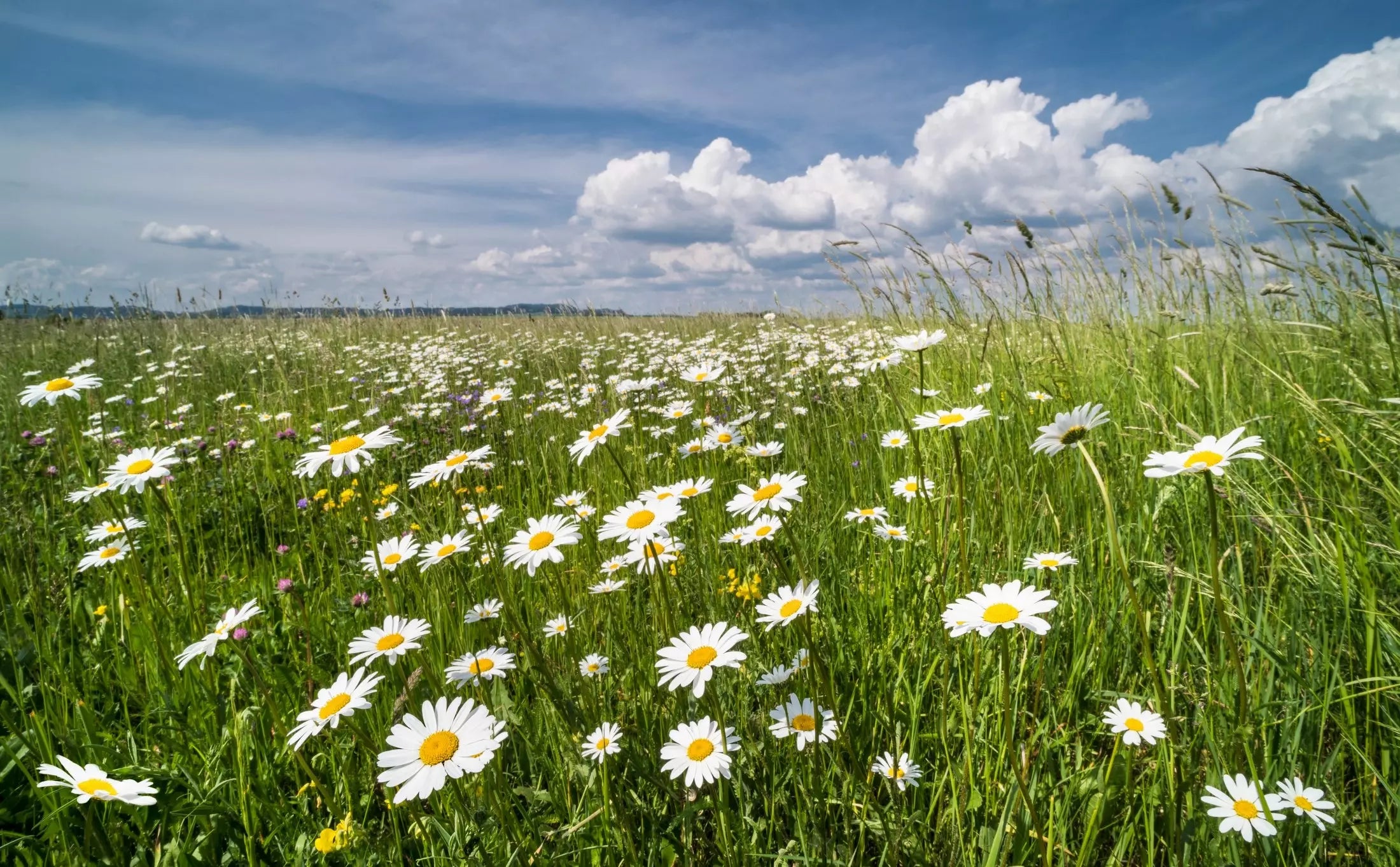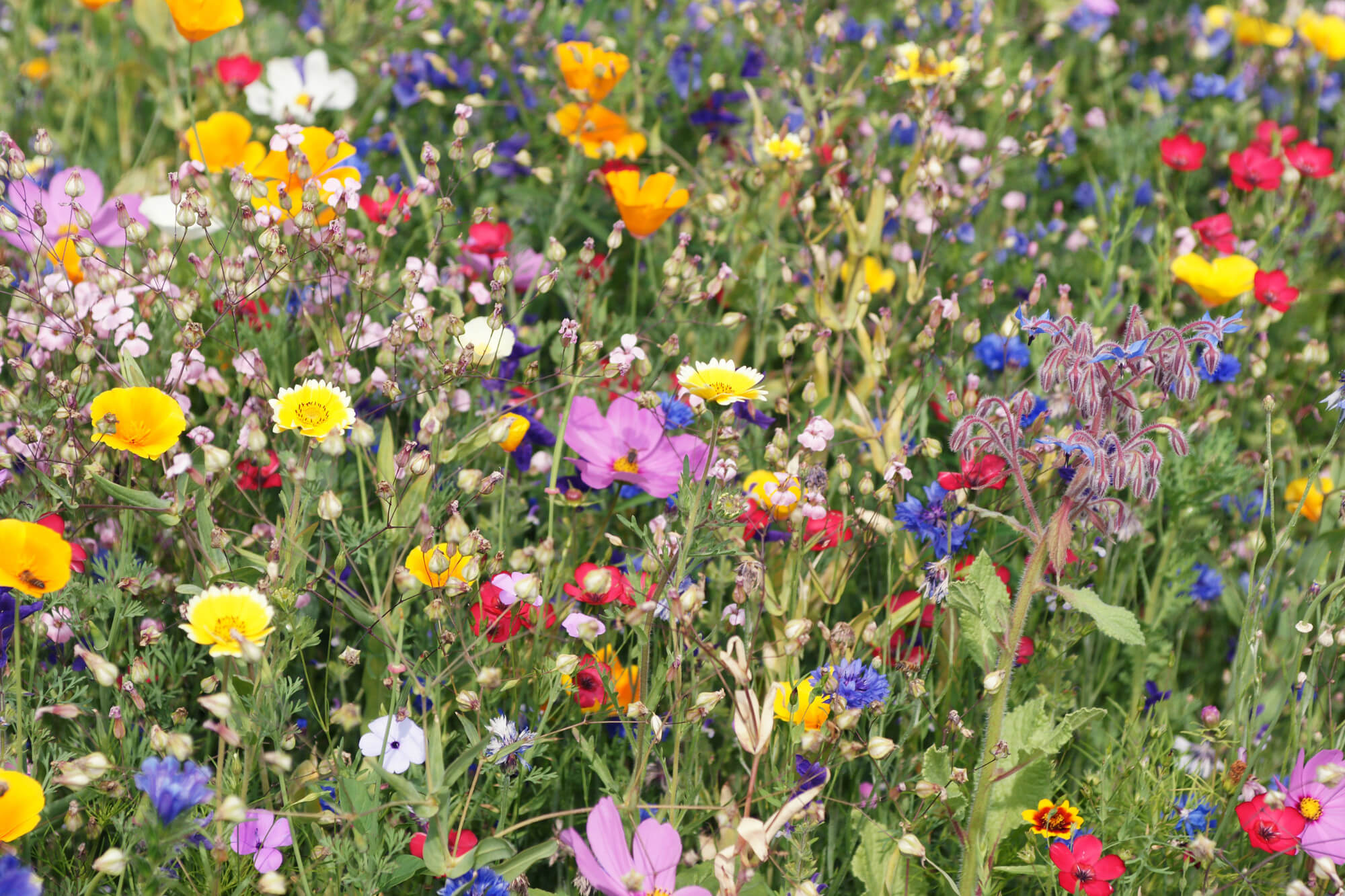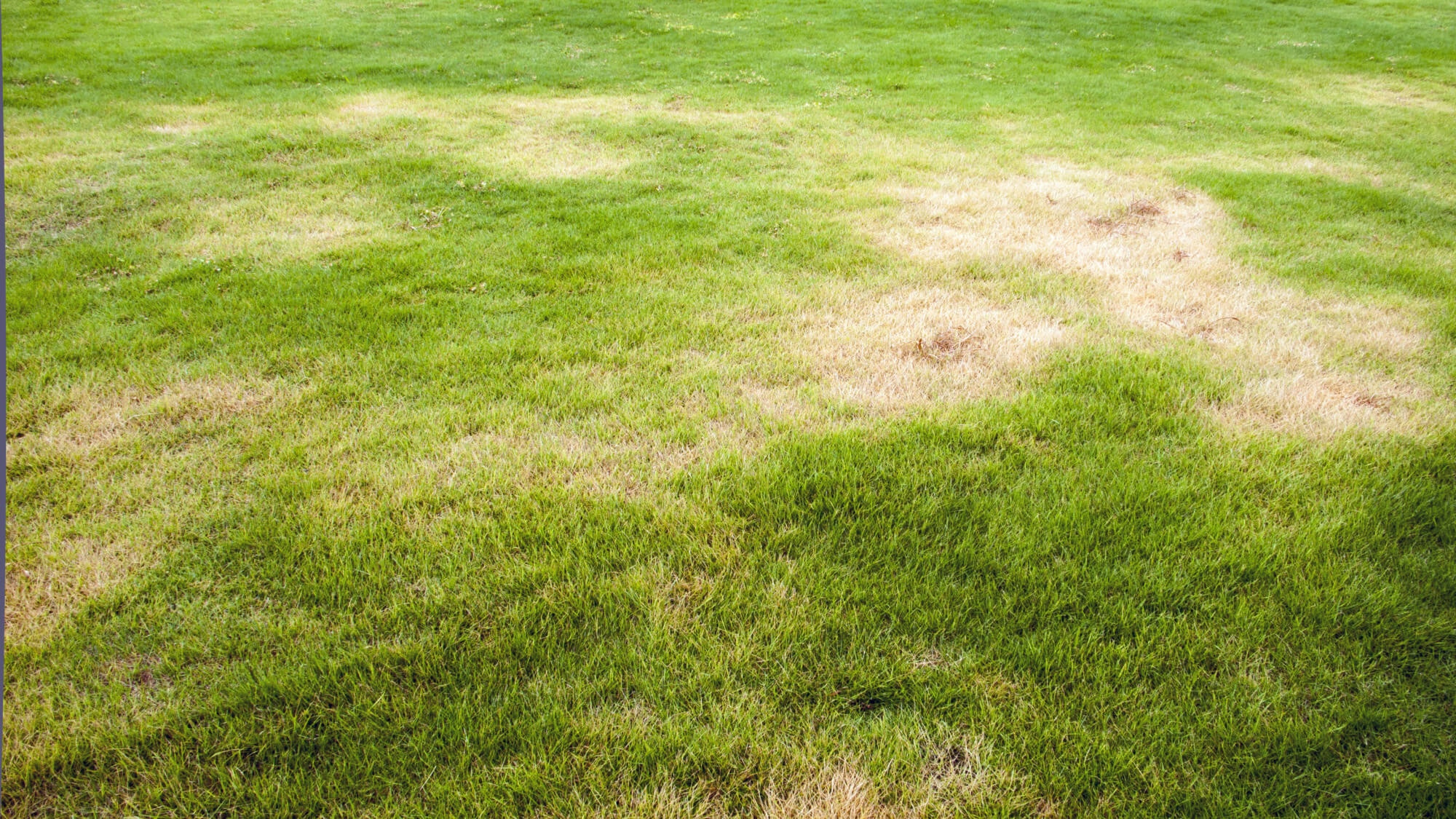Repairing and Overseeding Patches Using Grass Seed
On a hard-working family lawn, it is not uncommon for damage to occur, resulting in patches that require some repair work. The kids’ goalmouth, dog pee spots or when the trampoline has been left in the same spot for too long. Repairing patches is quick and easy, but it just needs doing correctly to make sure you get the desired results.
Step 1 – Rake over to remove dead grass and thatch
Using a ‘spring tine rake’, vigorously rake over the patches to remove as much of the dead or dying grass as possible. In more mature turf there will be a layer of old shoots called the ‘thatch layer’. Keep raking in multiple directions until you break through the thatch layer and you can clearly start to see soil. It may look quite harsh, but it is essential that the seed gets contact with the soil. Seed that is simply sown on to the grass surface or into thatch will struggle to germinate.
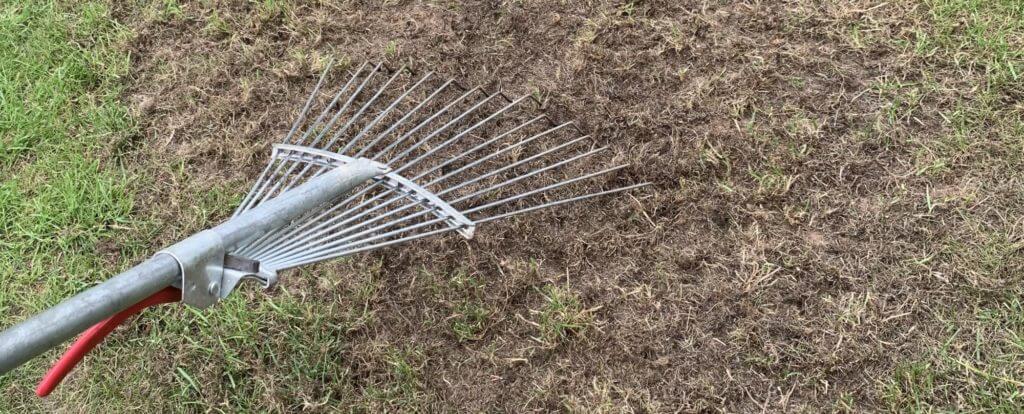
Step 2 – Spike with a hand fork
It is not unusual for the soil to have become compacted over time. For the new seed to establish well, it needs to be able to develop a root system which will enable it to find nutrients and water. Spiking will also help the recovery of any existing grass that may already remain.
Step 3 – Apply the seed
For small patches it is easiest to simply apply the seed by hand. Simply take as much seed as you need (for patches a ‘good handful’ is usually enough to cover 1m²) and sprinkle onto the surface as evenly as possible. After the seed is applied, lightly rake over the patch to try and move the seed as much as possible down towards the soil surface.
Step 4 – Cover
Applying a covering of topsoil to the area will help to retain moisture around the seed and improve germination. Retaining consistent moisture around the seed is the most important factor for achieving good germination. Once the germination process begins, it could be delayed or seedlings could die if they are allowed to dry out. A covering of 10-15mm of soil over the seed is sufficient.

Step 5 – Maintain moisture levels
Once the seed is sown and begins to germinate it is critical to maintain consistent moisture levels. Regular damping of the area will encourage strong germination.

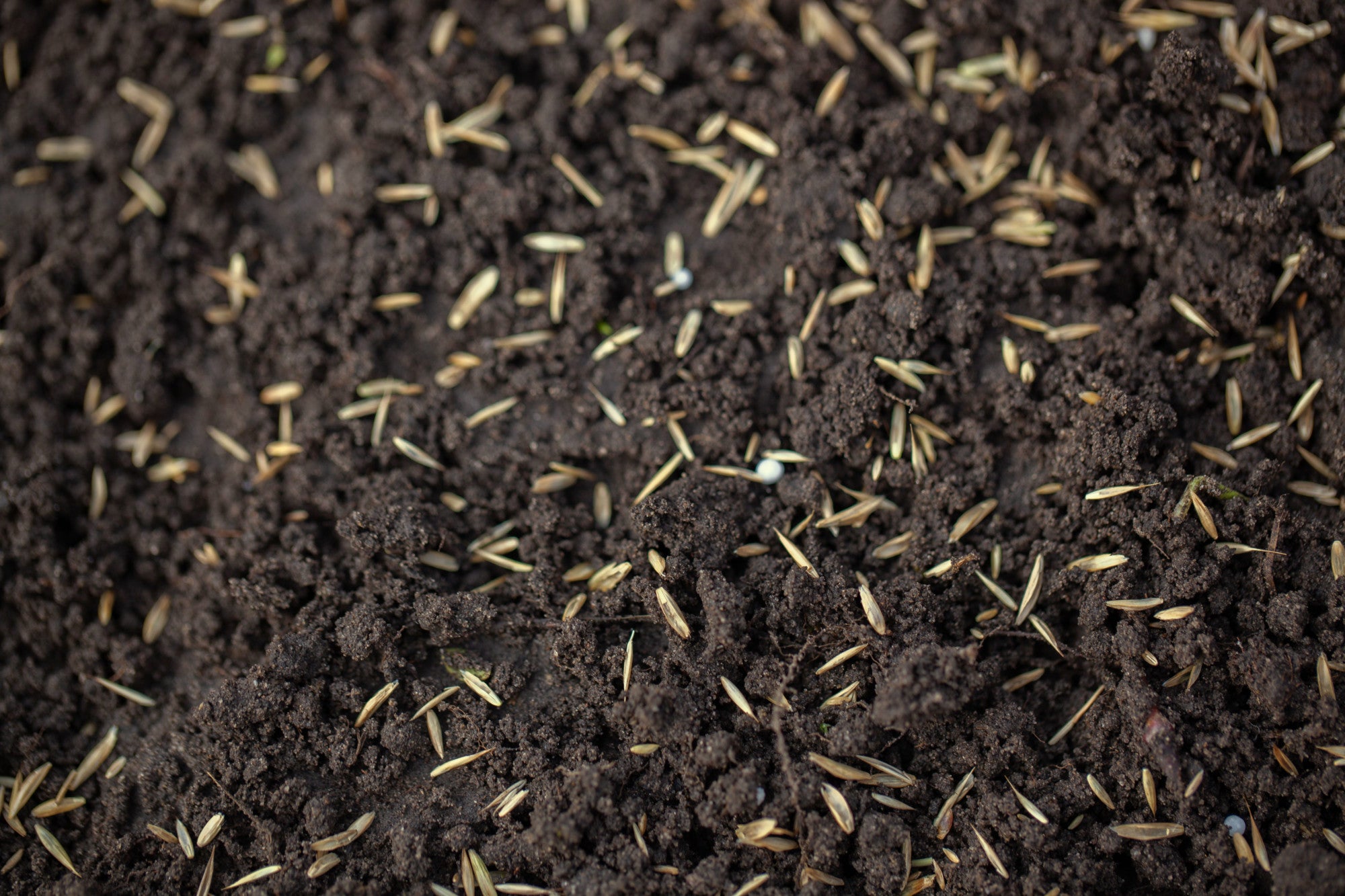
Our grasses are tried, tested and proven
We have a close and longstanding relationship with experienced seed growing specialists
Help & Advice
Find out more about how we can help you at Grass Seed Online, we offer lots of useful information and resources, so check them out today.
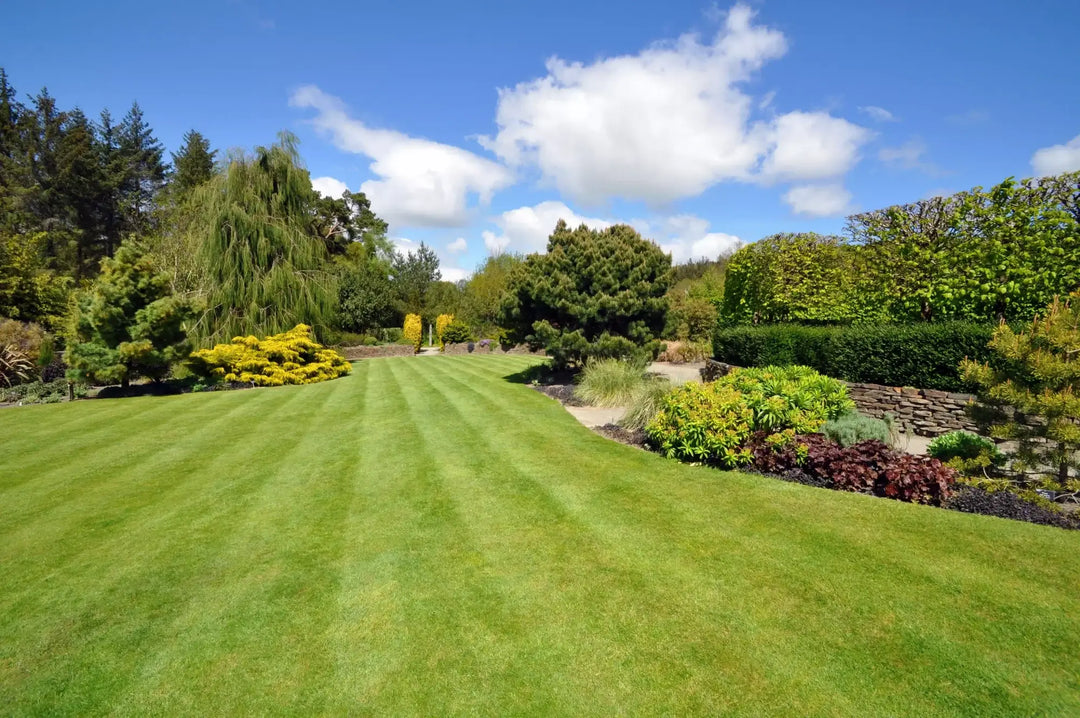
About Us
Our goal is simple; good value for money and a high quality service.
Find out more about us

Wildflower Establishment & Maintenance Guide
Want to find out more about Wildflowers?
Then your in the right place, find out more.




